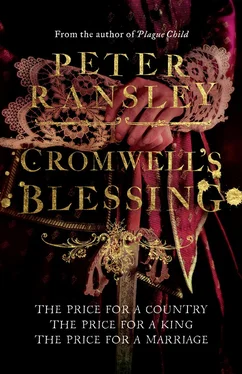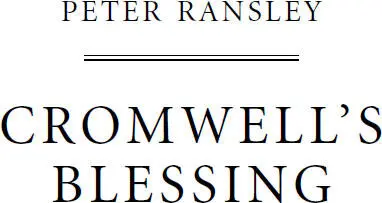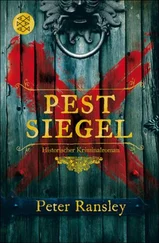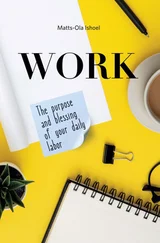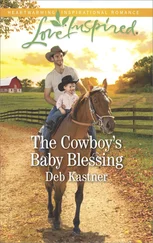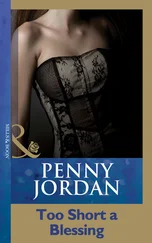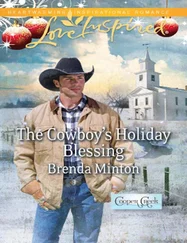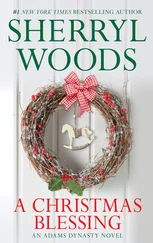
Harper Press
An imprint of HarperCollins Publishers
77–85 Fulham Palace Road
Hammersmith, London W6 8JB
www.harpercollins.co.uk
First published in Great Britain by Harper Press in 2012
Copyright © Peter Ransley 2012
Peter Ransley asserts the moral right to be identified as the author of this work.
A catalogue record for this book is available from the British Library.
All rights reserved under International and Pan-American Copyright Conventions. By payment of the required fees, you have been granted the non-exclusive, non-transferable right to access and read the text of this e-book on-screen. No part of this text may be reproduced, transmitted, down-loaded, decompiled, reverse engineered, or stored in or introduced into any information storage and retrieval system, in any form or by any means, whether electronic or mechanical, now known or hereinafter invented, without the express written permission of HarperCollins.
Source ISBN: 9780007312405
Ebook Edition © September 2014 ISBN: 9780007463596
Version: 2014-10-10
For Finlay
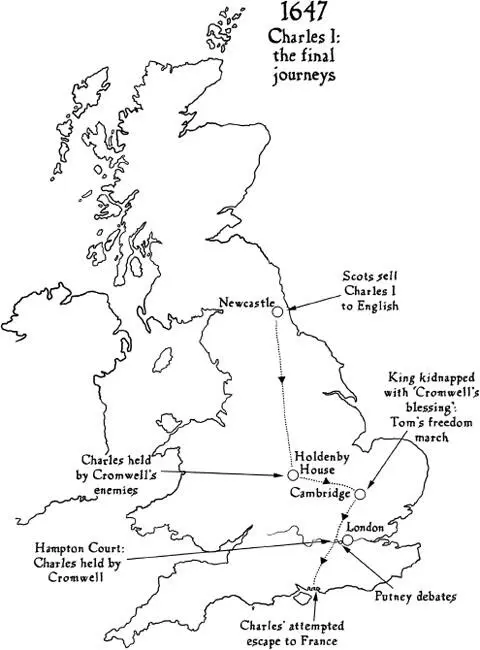
Contents
Cover
Title Page
Copyright
Dedication
Map
Part One: A Silver Spoon
Chapter 1
Chapter 2
Chapter 3
Chapter 4
Chapter 5
Chapter 6
Chapter 7
Chapter 8
Chapter 9
Chapter 10
Part Two: Cromwell’s Blessing
Chapter 11
Chapter 12
Chapter 13
Chapter 14
Chapter 15
Chapter 16
Chapter 17
Chapter 18
Chapter 19
Chapter 20
Chapter 21
Chapter 22
Chapter 23
Chapter 24
Chapter 25
Chapter 26
Chapter 27
Chapter 28
Part Three: Without
Chapter 29
Chapter 30
Chapter 31
Chapter 32
Chapter 33
Chapter 34
Chapter 35
Chapter 36
Part Four: The Signature
Chapter 37
Chapter 38
Chapter 39
Historical Note
Read an extract from THE KING’S LIST
Acknowledgements
About the Author
Also by Peter Ransley
About the Publisher
PART ONE
I could not stop shivering. That February morning in 1647 was the coldest, bleakest morning of the whole winter, but it was going to be far colder, far bleaker for Trooper Scogman when I told him he was going to be hanged.
Most mornings I woke up and knew exactly who I was: Major Thomas Stonehouse, heir to the great estate of Highpoint near Oxford, if my grandfather, Lord Stonehouse, was to be believed. Now the Civil War was over, sometimes, in that first moment of waking, I woke up as Tom Neave, one-time bastard, usurper and scurrilous pamphleteer.
That morning was one of them.
I should have left it up to Sergeant Potter to tell Scogman, but he would have relished it: taunted Scogman, left him in suspense. At least I would tell him straight out.
My regiment was billeted at a farm near Dutton’s End, Essex, part of an estate seized by Parliament from a Royalist who had fled the country. The pail outside was solid ice. The dog opened one eye before curling back into a tight ball. Straw, frosted over in the yard, snapped under my boots like icicles. A crow seemed scarcely able to lift its wings as it drifted over the soldiers’ tents.
More soldiers in their red uniforms were snoring in the barns, where horses were also stabled. We were a cavalry unit, the justification for calling Cromwell’s New Model Army both new and a model for the future. Whereas the foot soldiers were pressed men, who would desert as soon as you turned your back, the cavalry were volunteers. They were the sons of yeomen or tradesmen, who brought to war the discipline of their Guilds. They joined not just for the better pay – and the horse which would carry their packs – but because they were God-fearing and believed in Parliament.
Except for Scogman.
I approached the wooden shed which was the camp’s makeshift prison. I half-hoped Scogman had escaped, but I could see the padlock, still intact, and the guard asleep, huddled in blankets.
Scogman on the loose would have been worse. The countryside would have been up in arms. Villagers resented us enough when we were fighting the war. Now it was over, and we were still here, they hated us.
Six months had passed since the Royalist defeat at the battle of Naseby. Yet the King was in the hands of the Scots. We were supposed to be on the same side – but the Scots would not leave England until they were paid and there were rumours they were doing a secret deal with the King. In spite of the stone in his bladder, his piles and his liver, Lord Stonehouse was in Newcastle, negotiating for the release of the King.
‘We could not govern with him,’ he wrote tersely to me. ‘But we cannot govern without him.’
The guard, Kenwick, was a stationer’s son from Holborn – I knew them all by their trades. I prodded him gently with my boot. ‘Still there, is he?’
Kenwick shot up, turning with a look of terror towards the shed, as if expecting to see the padlock broken, the door yawning open. He saluted, found the key and made up for being asleep on duty by bringing the butt of his musket down on a bundle of straw rising and falling in the corner. The bundle groaned but scarcely moved. Kenwick brought the butt down more viciously. The bundle swore at him and began to part. Somehow, I thought resentfully, even in these unpromising conditions, Scogman managed to build up a fug of heat not found anywhere else on camp.
I waved Kenwick away as, with a rattle of chains, Scogman stumbled to his feet. His hair was the colour of the dirty straw he emerged from, the broken nose on his cherub-like face giving him a look of injured innocence. Trade: farrier, although sometimes I thought all he knew about horses was how to steal them.
‘At ease, Scogman.’
He shuffled his leg irons. ‘If you remove these, sir, I will be able to obey your order. Major Stonehouse. Sir.’ He brought up his cuffed hands in a clumsy salute.
Kenwick bit back a smile. I stared at Scogman coldly.
He was about my age, twenty-two, but looked younger, thin as a rake, although he ate with a voracious appetite. Scoggy was the regiment’s scrounger. He stole for the hell of it, for the challenge. In normal life he would have been hanged long ago. But when a regiment lived off the land he became an asset.
It only took one person to point out a plump hen, and not only would chicken be on the menu that night, but a pot in which to cook it would mysteriously appear. There were many who looked the other way in the regiment, except for strict Presbyterians like Sergeant Potter and Colonel Greaves, but in war the odds had been on Scoggy’s side. In this uneasy peace his luck had run out. Scoggy had been caught stealing not just cheese, but a silver spoon. Not only that. He had stolen it from Sir Lewis Challoner, the local magistrate.
I chewed on an empty pipe, knocked it against my boot and cleared my throat. Scogman could read my reluctance and in his eyes was a look of hope. I cursed myself for coming. I should have sent Sergeant Potter. Scoggy would have known, however Potter taunted him, there was no hope. I struggled to find the words. In my mouth was the taste of the roast suckling pig Scoggy had somehow conjured up after Naseby. Even Cromwell had eaten it, praising the Lord for providing such fare to match a great victory. Cromwell believed in the virtue of his cavalry to the point of naivety, but when they sinned, he was merciless. I must follow my mentor’s lead.
Читать дальше
